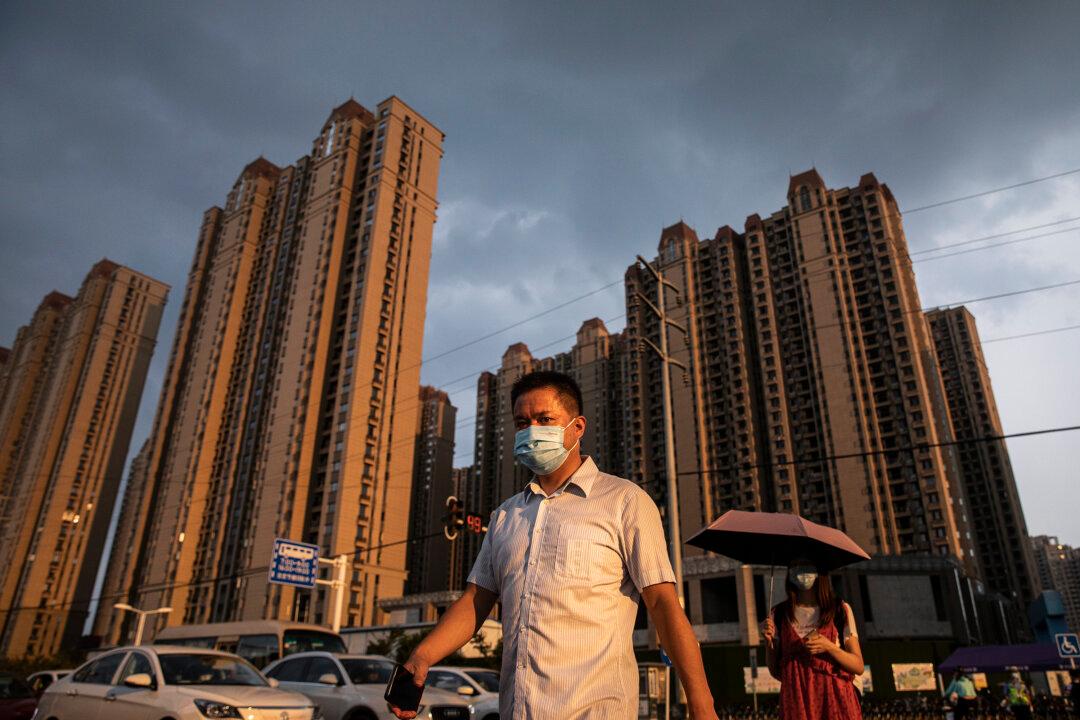The world’s most indebted real estate developer made some overdue interest payments just before the Nov. 10 deadline, sources told media, while some creditors say they received nothing.
Cash-strapped Evergrande has rushed several last-minute transfers since October, teetering on the brink of default. The Chinese property developer was supposed to make further overdue interest payments of $148 million on three U.S. dollar bonds—due in April 2022, 2023, and 2024, and no later than Nov. 10.




